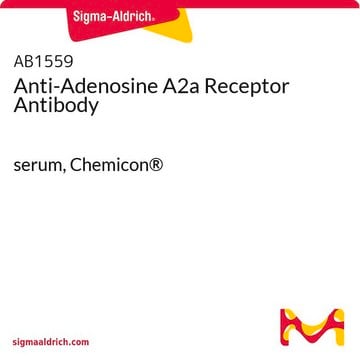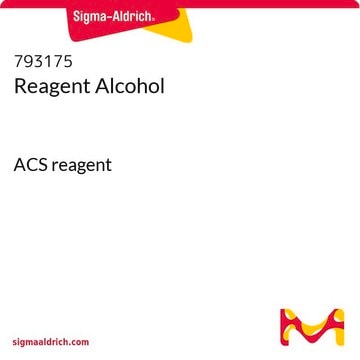H6703
Hexadecane
ReagentPlus®, 99%
Sinónimos:
n-Hexadecane, Cetane
About This Item
Productos recomendados
vapor density
7.8 (vs air)
Quality Level
vapor pressure
1 mmHg ( 105.3 °C)
product line
ReagentPlus®
assay
99%
form
liquid
autoignition temp.
395 °F
refractive index
n20/D 1.434 (lit.)
bp
287 °C (lit.)
mp
18 °C (lit.)
transition temp
solidification point 17.5-18.5 °C
density
0.773 g/mL at 25 °C (lit.)
SMILES string
CCCCCCCCCCCCCCCC
InChI
1S/C16H34/c1-3-5-7-9-11-13-15-16-14-12-10-8-6-4-2/h3-16H2,1-2H3
InChI key
DCAYPVUWAIABOU-UHFFFAOYSA-N
¿Está buscando productos similares? Visita Guía de comparación de productos
Categorías relacionadas
General description
Application
Legal Information
signalword
Danger
hcodes
Hazard Classifications
Asp. Tox. 1
supp_hazards
Storage Class
10 - Combustible liquids
wgk_germany
WGK 1
flash_point_f
233.6 °F
flash_point_c
112 °C
ppe
Faceshields, Gloves, Goggles, type ABEK (EN14387) respirator filter
Elija entre una de las versiones más recientes:
¿Ya tiene este producto?
Encuentre la documentación para los productos que ha comprado recientemente en la Biblioteca de documentos.
Los clientes también vieron
Protocolos
Assays that predict passive absorption of orally administered drugs have become increasingly important in the drug discovery process. As previously described by Faller and Kansy such assays provide rapid, low cost and automation friendly methods to measure a compound’s passive permeability.
Assays that predict passive absorption of orally administered drugs have become increasingly important in the drug discovery process. As previously described by Faller and Kansy such assays provide rapid, low cost and automation friendly methods to measure a compound’s passive permeability.
Assays that predict passive absorption of orally administered drugs have become increasingly important in the drug discovery process. As previously described by Faller and Kansy such assays provide rapid, low cost and automation friendly methods to measure a compound’s passive permeability.
Assays that predict passive absorption of orally administered drugs have become increasingly important in the drug discovery process. As previously described by Faller and Kansy such assays provide rapid, low cost and automation friendly methods to measure a compound’s passive permeability.
Nuestro equipo de científicos tiene experiencia en todas las áreas de investigación: Ciencias de la vida, Ciencia de los materiales, Síntesis química, Cromatografía, Analítica y muchas otras.
Póngase en contacto con el Servicio técnico








